Digital Poster
Phantoms
ISMRM & ISMRT Annual Meeting & Exhibition • 10-15 May 2025 • Honolulu, Hawai'i

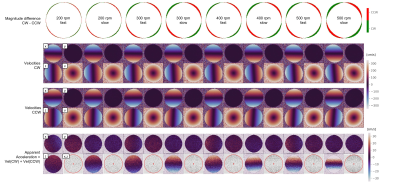 |
Computer Number: 129
3627. A
Bidirectional, Air-driven Rotational Phantom with Analytical
Ground Truth for Comprehensive Phase-Contrast MRI Validation
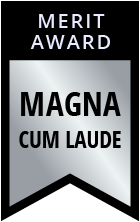
H. Dillinger, Y. Wang, S. Thuemmler, S. Schmitter
Physikalisch-Technische Bundesanstalt (PTB), Braunschweig and Berlin, Germany
Impact: This novel phantom enables standardized quality
assessment of phase-contrast MRI sequences across imaging
centers. Its (soon to be) open-source design, analytical
ground truth, and quantifiable artifacts advance sequence
optimization and contribute to improved clinical flow
measurements.
|
|
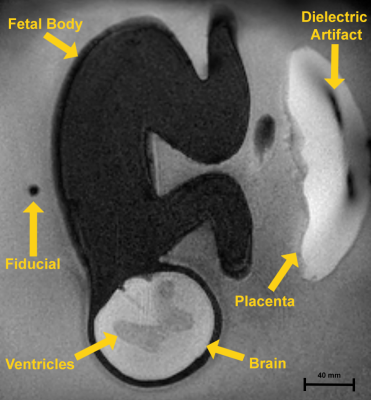 |
Computer Number: 130
3628. Design
and Validation of an Anthropomorphic Fetal-Placental MRI Motion
Phantom for Artifact Research
A. Dunn, S. Sadanand, D. Sussman
Toronto Metropolitan University, Toronto, Canada
Impact: The phantom possesses accurate anatomy and can
be moved during imaging to simulate fetal body and maternal
respiratory motion. This phantom can be used by researchers
for the development and validation of fetal MRI sequences
and motion artifact reduction techniques.
|
|
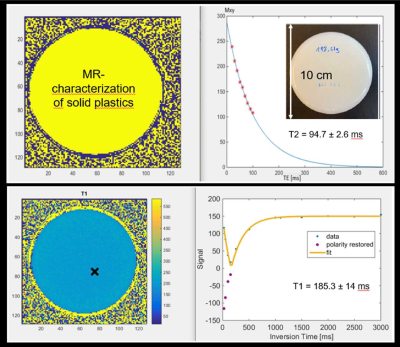 |
Computer Number: 131
3629. Making
solid polymers MR-visible: MR-characterization of micro-sphere
modified resins for MR-phantoms and MR-guided radiation therapy
A. Berg, P. Pery, M. Ortner, E. Unger, I. Rausch
Medical University of Vienna, Vienna, Austria
Impact: Solid polymers could not be MR-visualized yet.
Visibility would be very useful in Quality-Control phantoms,
in MR-guided radiation-therapy and MR-PET-scanners. We
established an oil-in-micro-sphere modified
manufacturing-process for resins and report about
MR-characterization (T1/T2/T2*, homogeneity) of the modified
MR-visible polymer-material.
|
|
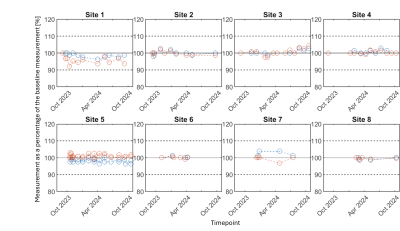 |
Computer Number: 132
3630. Stability
and Measurement Variability of a Cardiac T1 and T2 Relaxometry
Phantom
C. Lockard, R-y Tu, K. Yan, A. Duffin, K. Crum, S. Auerbach,
B. Fonseca, M. Renno, K. Knecht, T. Johnson, N. Brown, E.
Albers, N. Husain, R. Beroukhim, K. Daly, M. Samyn, J.
Soslow, B. Damon
Carle Health, Urbana, United States
Impact: Our preliminary results show that the designed
phantom appears stable up to 15 months and allows
quantification of measurement variation at different sites.
|
|
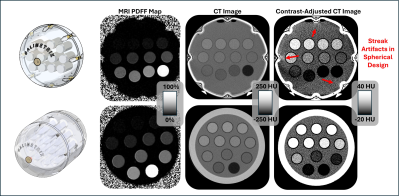 |
Computer Number: 133
3631. Multi-Modality
Quantitative Fat Phantom for MRI and CT Measurements of
Steatotic Liver Disease
D. Rutkowski, J. Kammerman, J. Guerrero-González, R. Moskwa,
K. Li, T. Szczykutowicz, S. Reeder, D. Hernando, J. Brittain
Calimetrix, LLC, Madison, United States
Impact: A quantitative multi-modality fat phantom was
developed for quality assurance of MRI and CT fat
quantification. The phantom mimics MRI proton-density fat
fraction (PDFF) from 0-40% PDFF and the liver fat-to-CT#
relationship, including the CT response across multiple kV
levels.
|
|
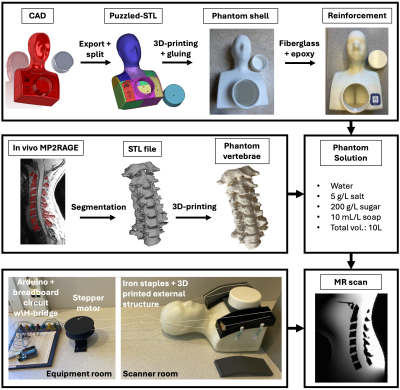 |
Computer Number: 134
3632. Development
of a realistic MRI phantom to mimic static and dynamic B0 field
inhomogeneities in the human cervical spinal cord

L. Beghini, B. Ponsi, K. Refsholt, A. Dogger Schmidt, S.
Sandbu, S. J. Vannesjo
Norwegian University of Science and Technology (NTNU), Trondheim, Norway
Impact: Static and dynamic B0 field
inhomogeneities are among the main challenges in spinal cord
imaging, causing signal loss, distortion and ghosting. An
anthropomorphic phantom reproducing the fields could aid
development of advanced acquisition and correction
techniques to mitigate these artifacts.
|
|
|
Computer Number:
3633. WITHDRAWN |
||
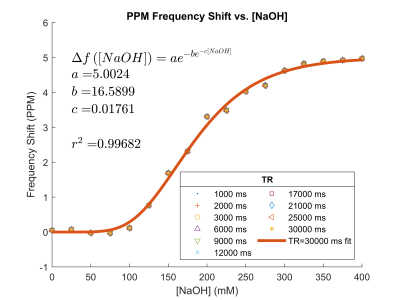 |
Computer Number: 135
3634. A
Tunable Phantom System for Phosphorus MRS/MRI Technology
Development
E. Stinson, S. Ganji, J. Port
Mayo Clinic, Rochester, United States
Impact: The cellular metabolic energetic metabolites ATP
and PCr are known to differ in disease and health. Measuring
these compounds in humans has proven difficult. Better
phosphorus MRS/MRI technology is needed, as well as the
tools to test/validate this technology.
|
|
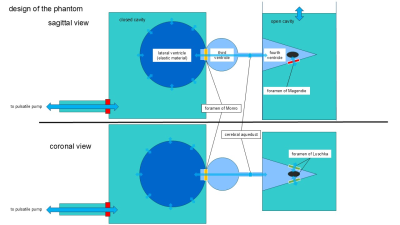 |
Computer Number: 136
3635. Development
of a ventricular cerebrospinal fluid dynamics phantom
T. Oki, M. Yoshigoe, S. Hiratsuka, S. Ishida, M. Yoshimura,
Y. Watanabe
Shiga University of Medical Science, Otsu, Japan
Impact: A phantom capable of simulating the complex
cerebrospinal fluid (CSF) flow within the ventricles
promotes fundamental research toward establishing optimal
measurement methods of CSF flow, which is currently a
challenge in the analysis of CSF dynamics.
|
|
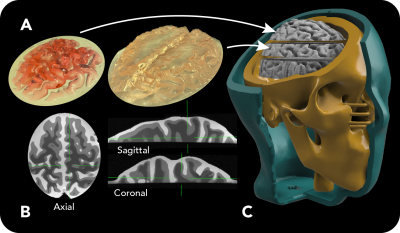 |
Computer Number: 137
3636. 3D
Boundaryless Slab Phantoms
I. Wu, K. Gopalan, A. Falk, J. Huey, A. Arias, C. Liu, M.
Lustig
UC Berkeley, Berkeley, United States
Impact: To address the need for quantitative phantoms
with complex, anatomically accurate geometry, we developed
stackable boundaryless slab phantoms by casting UV-curable
hydrogels doped with a stable T2 contrast modifier. The
phantoms represent roughly 40% of the top of the brain.
|
|
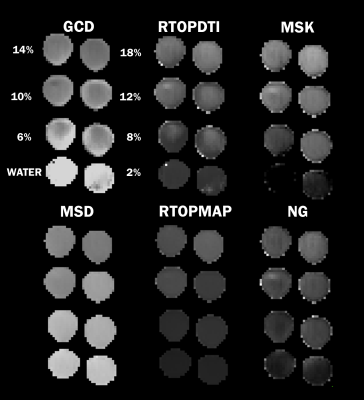 |
Computer Number: 138
3637. Liquid
Like Solids: A promising, novel multicompartment diffusion MRI
phantom material
C. Comrie, M. Barrios, I. Aguilera Cuenca, A. McGhee, J.
Sun, S. Song, E. Hutchinson
University of Arizona, Tucson, United States
Impact: Developing biologically relevant
multicompartment materials as phantoms can support the
advancement of dual tensor and compartment imaging models,
allowing innovation and development in more sophisticated
diffusion imaging techniques.
|
|
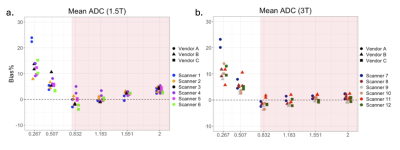 |
Computer Number: 139
3638. Multi-center
and multi-vendor phantom study on ADC accuracy, repeatability
and reproducibility across 1.5T and 3T MRI scanners
S. Pasini, S. Ringgaard, L. Garcia-Ruiz, A. Strittmatter, G.
Villa, A. Raj, R. Echeverria-Chasco, M. Bozzetto, P.
Brambilla, M. Aastrup, E. Hansen, L. Pierotti, M. Renzulli,
S. Francis, F. Zoellner, C. Laustsen, M. Fernandez-Seara, A.
Caroli
Istituto di Ricerche Farmacologiche Mario Negri IRCCS, Bergamo, Italy
Impact: Implementing the QIBA validation process, using
standardized protocols across sites and vendors, for
diffusion measurements is feasibile in abdominal setups at
both 1.5T and 3T. This is a crucial step to enhance
reliability in multi-center renal MRI studies.
|
|
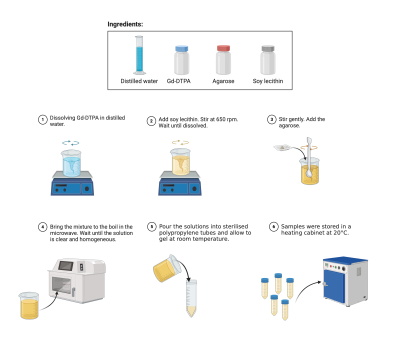 |
Computer Number: 140
3639. Development
of a multi-parameter MRI phantom with adjustable T1, T2 and ADC
properties

V. Fritz, F. Schick
Section on Experimental Radiology, Tübingen, Germany
Impact: The use of Gd-DTPA, agarose, and soy lecithin
allows for precise, independent adjustment of T1, T2, and
ADC values in phantoms, providing a versatile approach to
simulating multiple tissue characteristics in MRI studies.
|
|
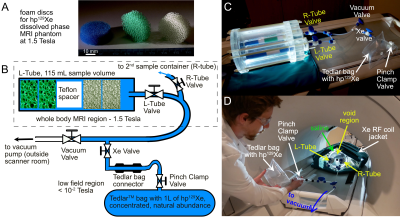 |
Computer Number: 141
3640. A
standardized MRI Phantom for Quantitative Functional Imaging of
the Lung Parenchyma in Health and Disease
T. Meersmann, M. Filkins, A. Harrison, G. Collier, G.
Norquay, J. Wild, C. Wang, S. Rigby, G. Pavlovskaya
University of Nottingham, Nottingham, United Kingdom
Impact: The current phantom enables cost-effective
training, easy setup, and rapid testing of experimental
protocols without regulatory approval and governance. The
introduced concept shows a pathway for developing a
quantitative universal phantom standard for dissolved phase
hp129Xe
MRI
|
|
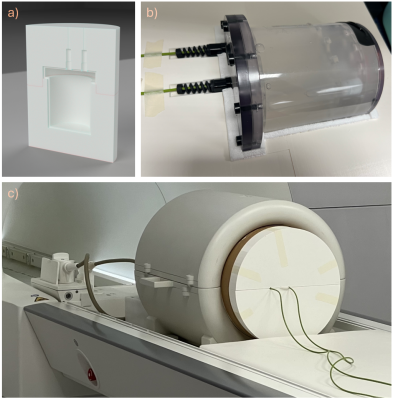 |
Computer Number: 142
3641. Design
and initial testing of a thermally insulated phantom system for
MR thermometry based coil validation
A. S. Dokumaci, D. West, K. Qian, A. Oliver-Taylor, G. P.
Keeling, D. Leitao, M. Wu, N. Karadeniz, R. Mooiweer, P. Di
Cio, S. McElroy, T. Arichi, O. Ipek, J. V. Hajnal, S. J.
Malik
Imaging Physics and Engineering Research Department, School of Biomedical Engineering and Imaging Sciences, King's College London, London, United Kingdom
Impact: The thermally insulating 3D printed phantom
holder is beneficial for MRT-based RF coil validation
studies, enabling stable geometry and minimising
environmental temperature loss for SAR estimation. The
design can easily be adapted for other coil dimensions and
probe positions.
|
The International Society for Magnetic Resonance in Medicine is accredited by the Accreditation Council for Continuing Medical Education to provide continuing medical education for physicians.